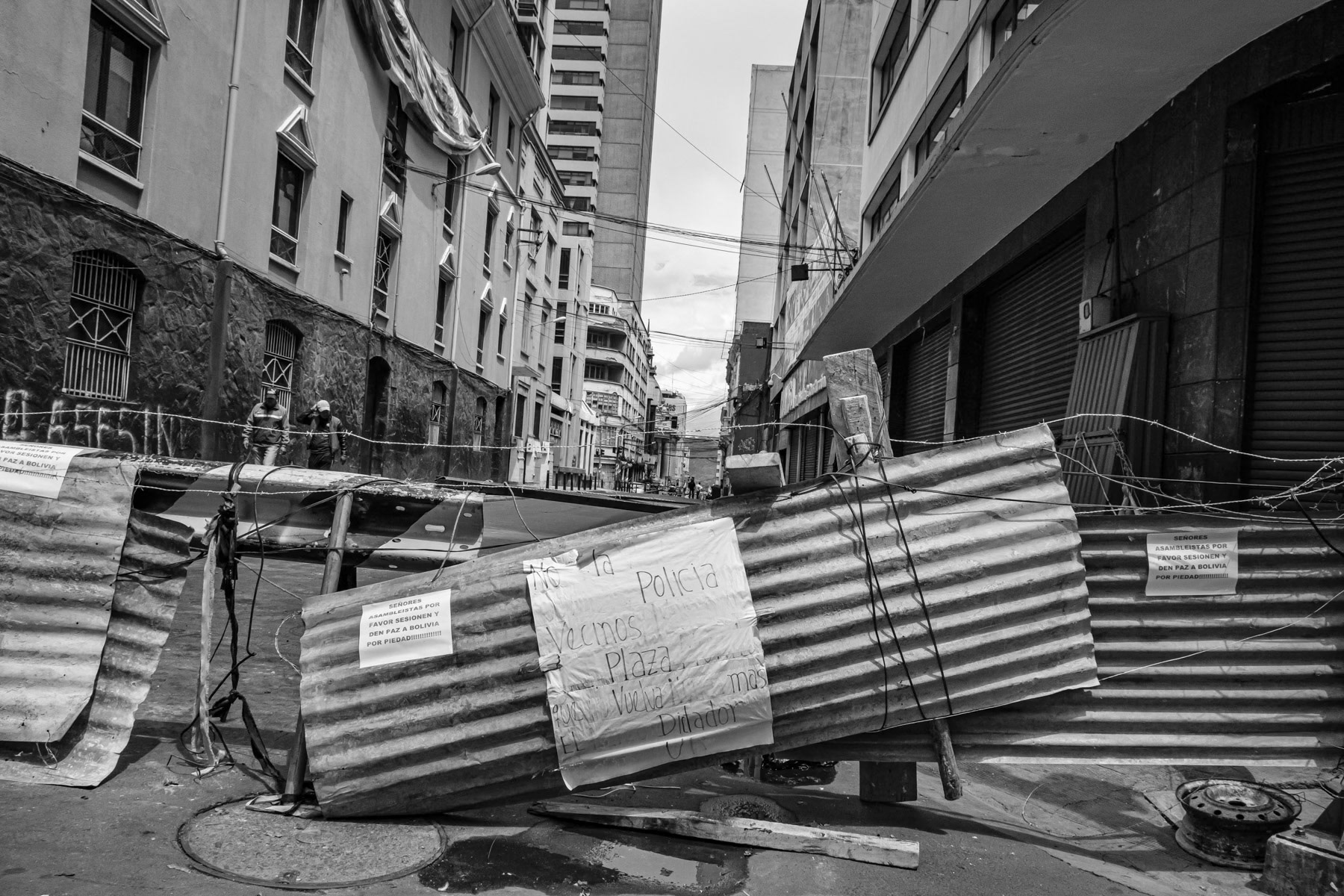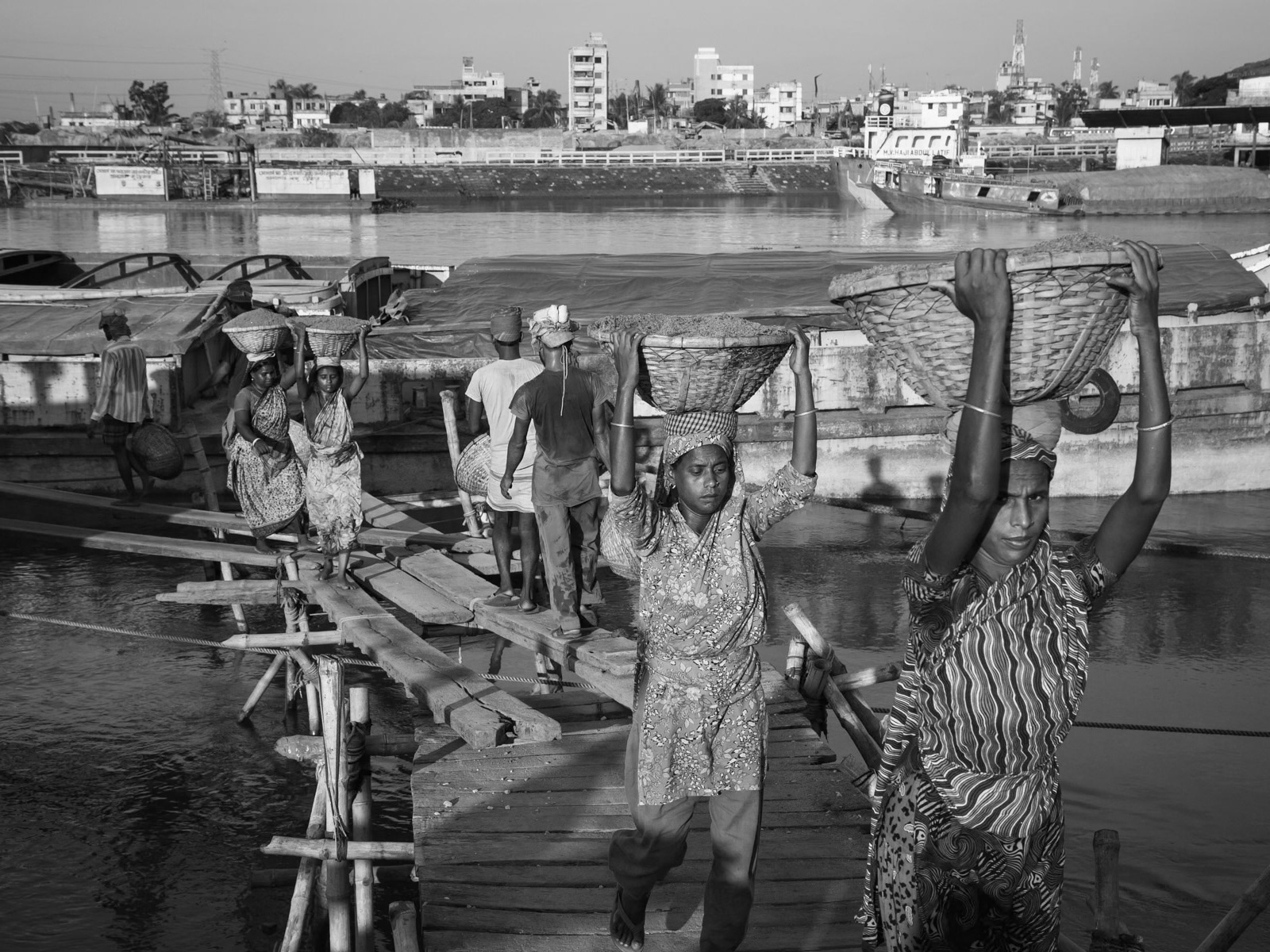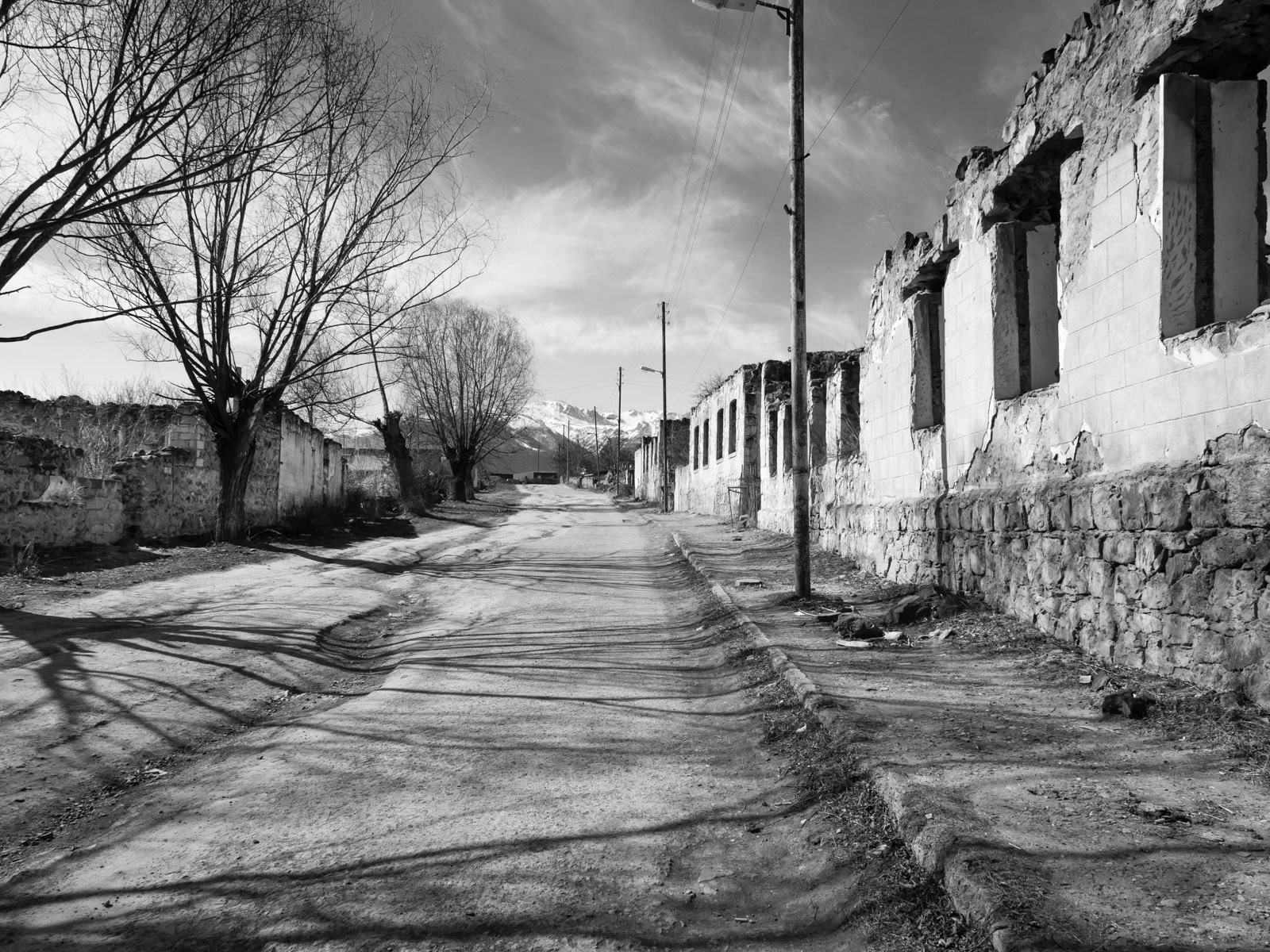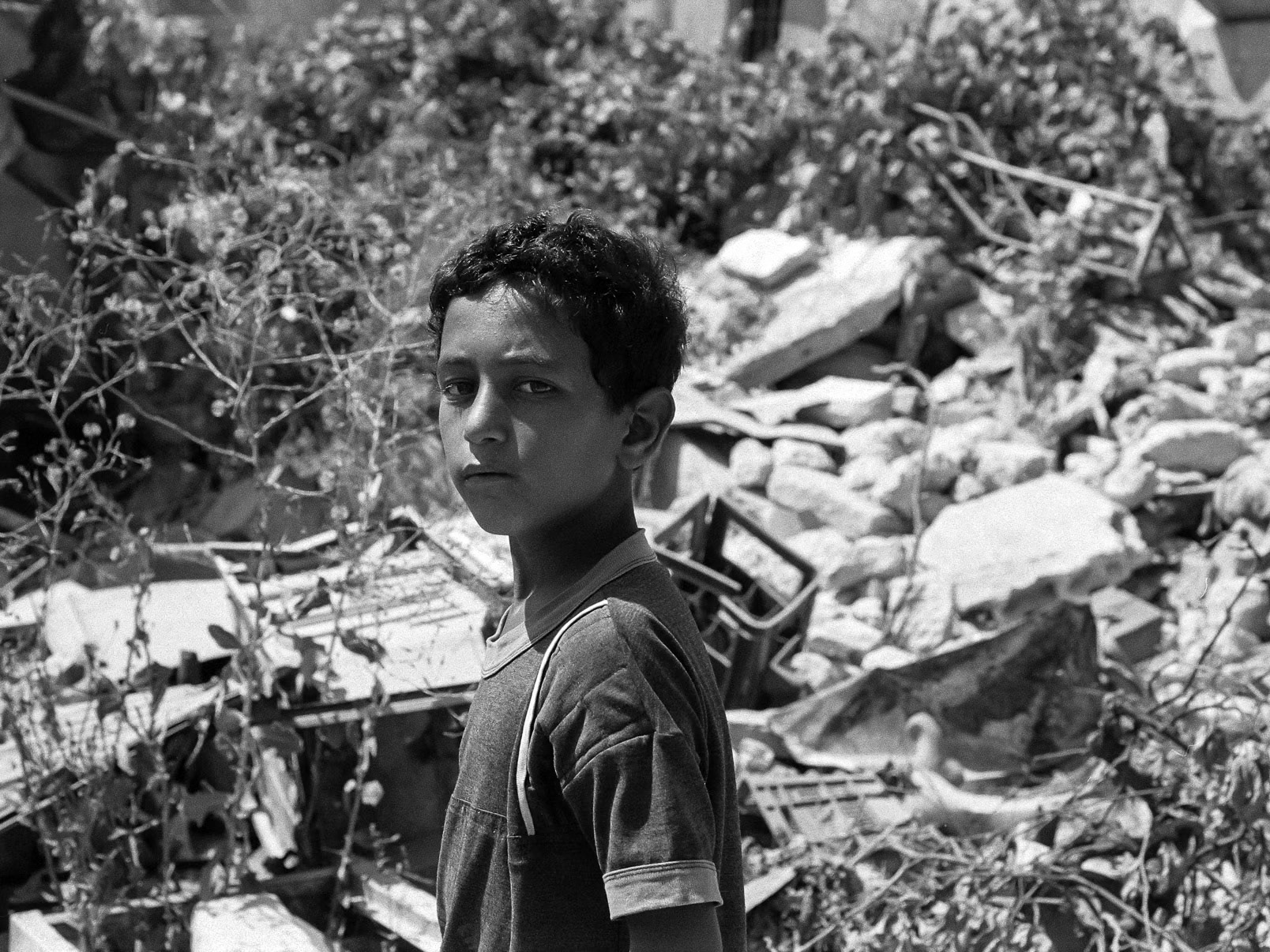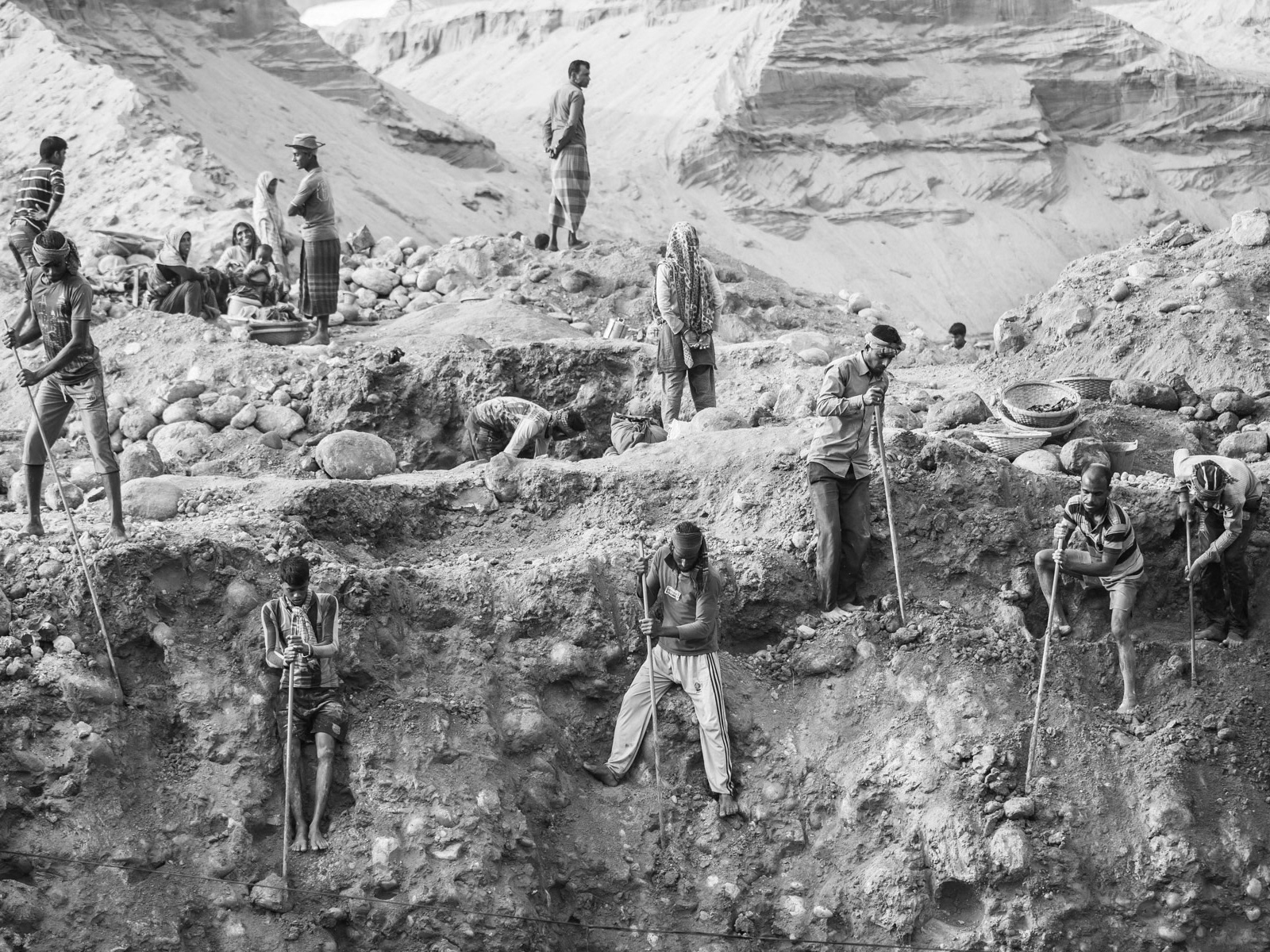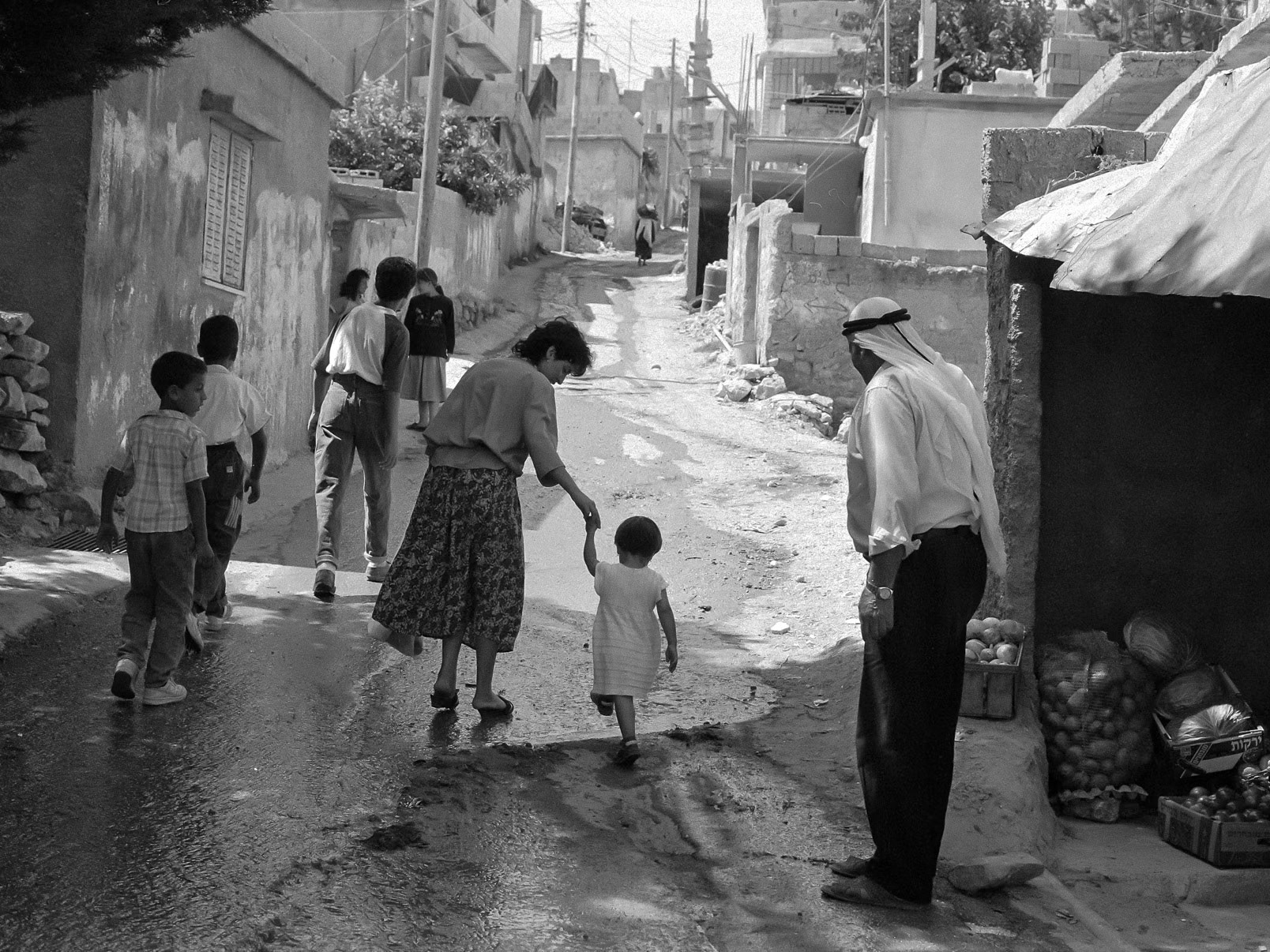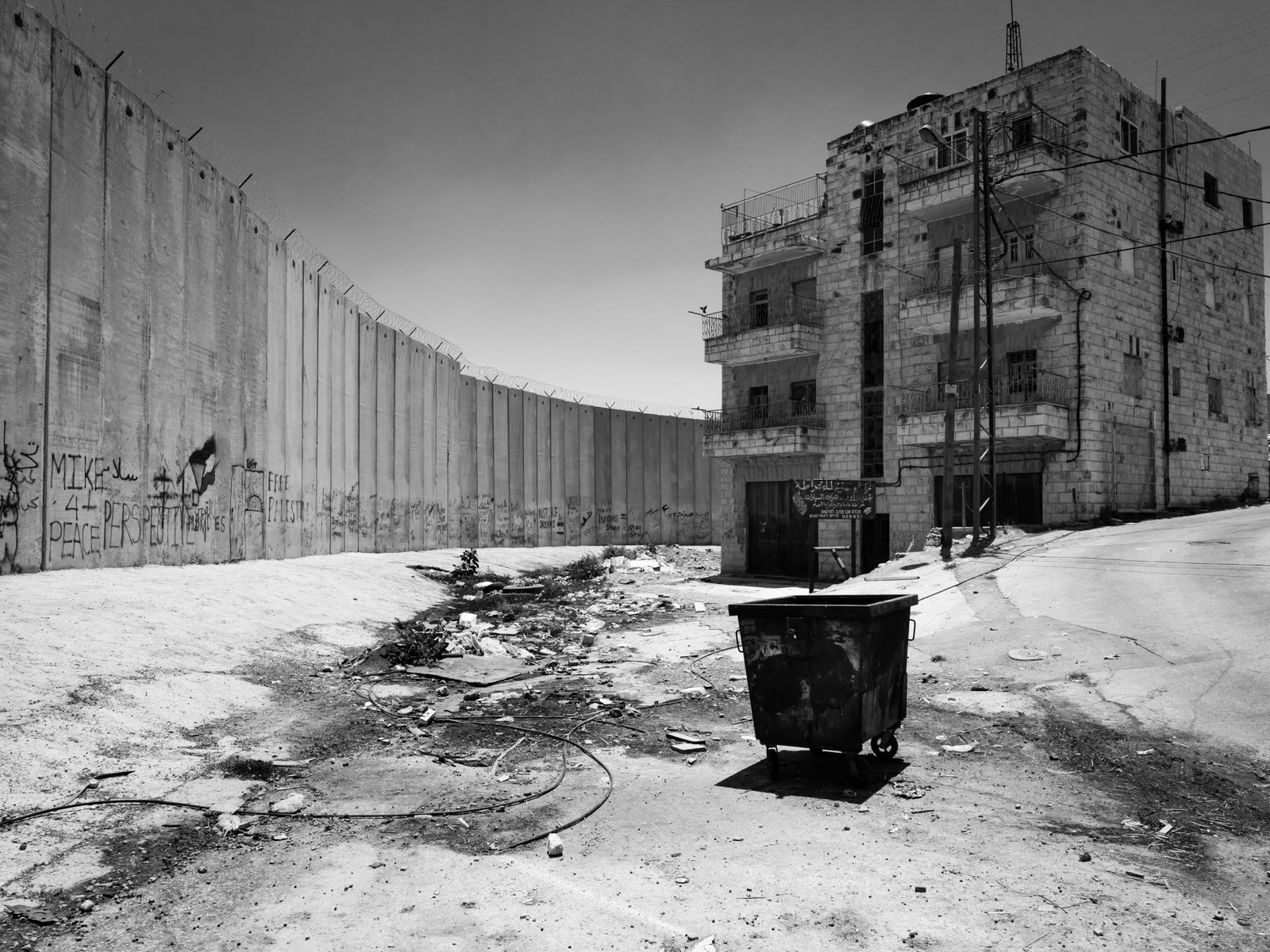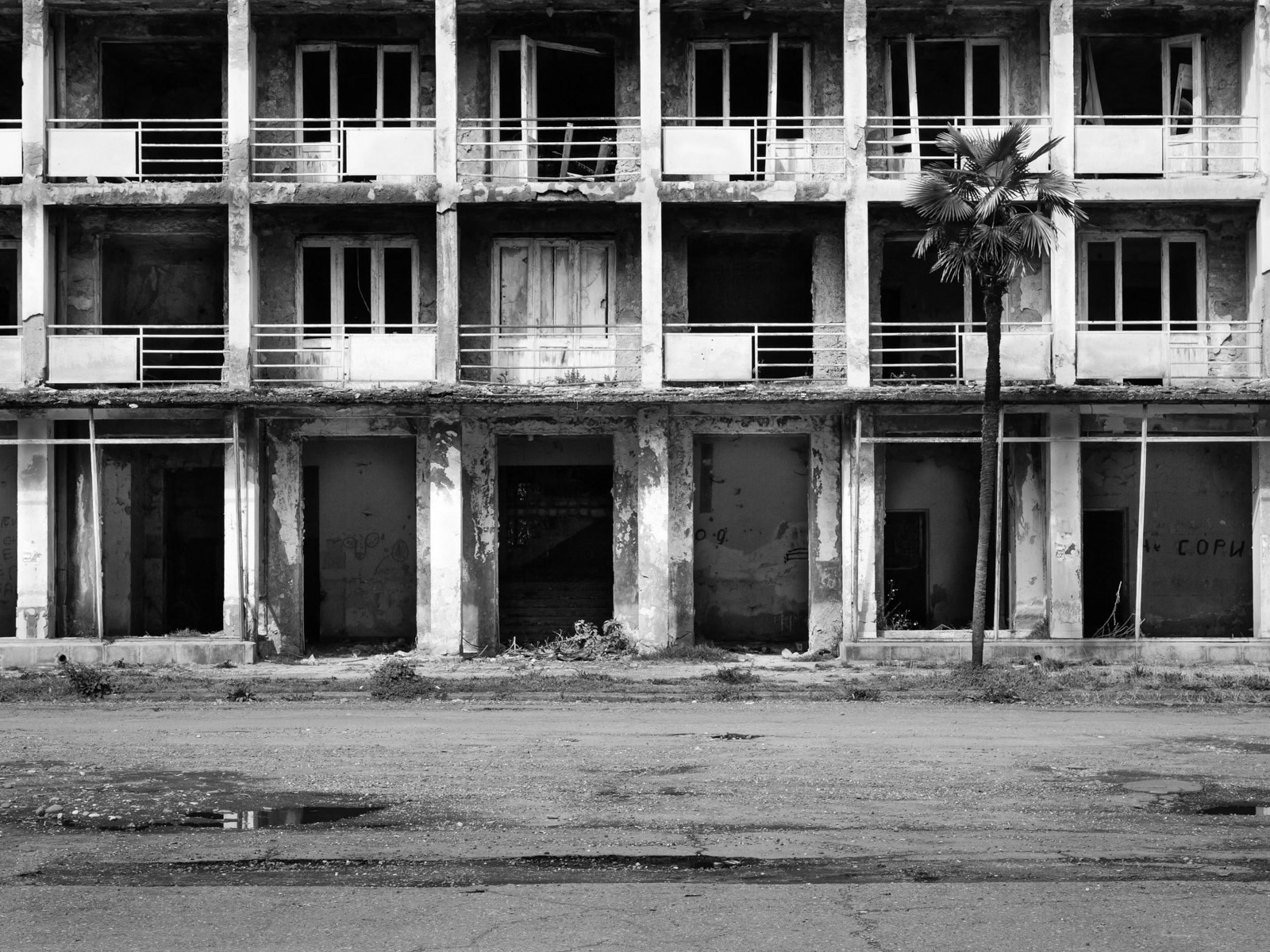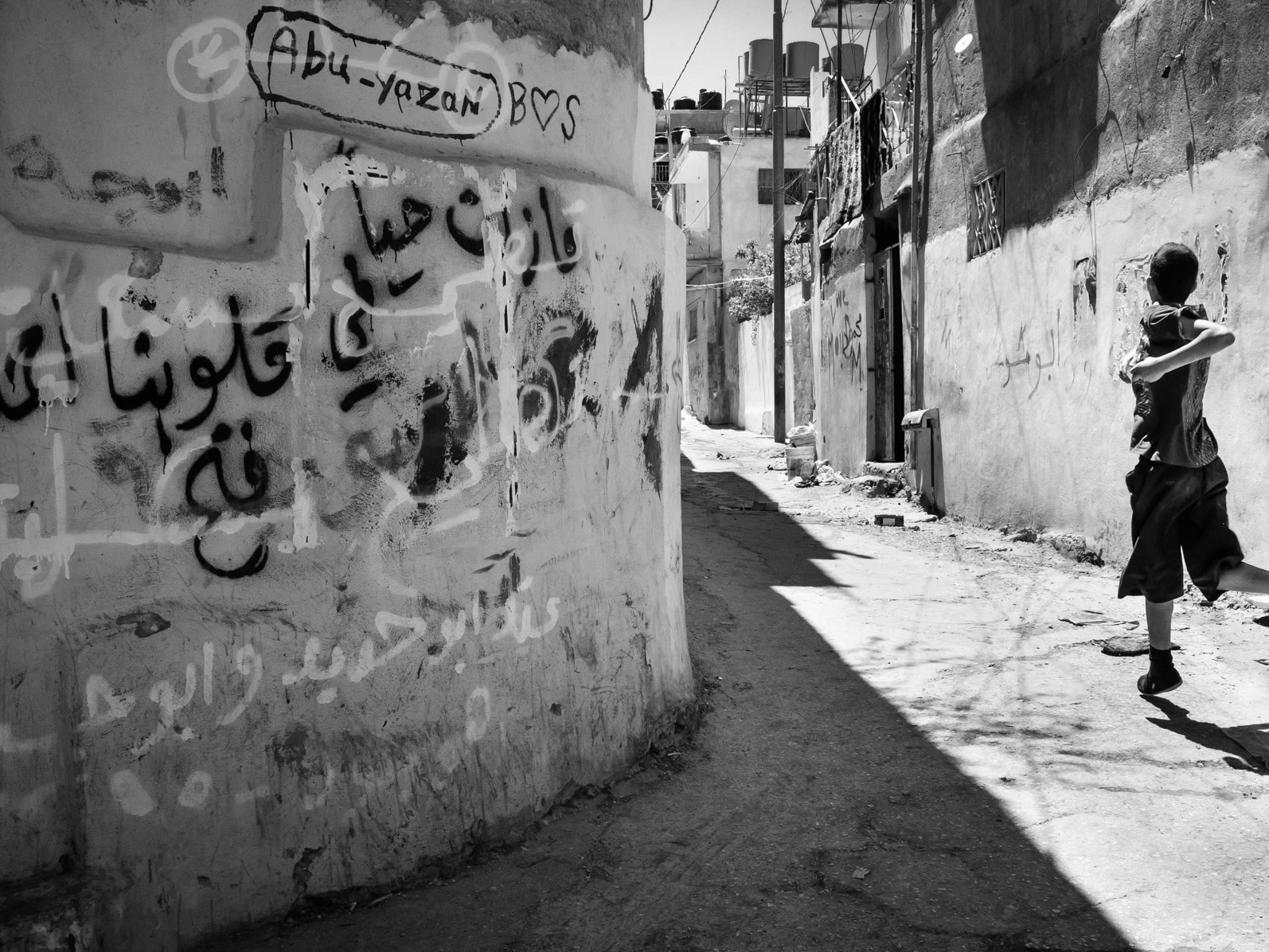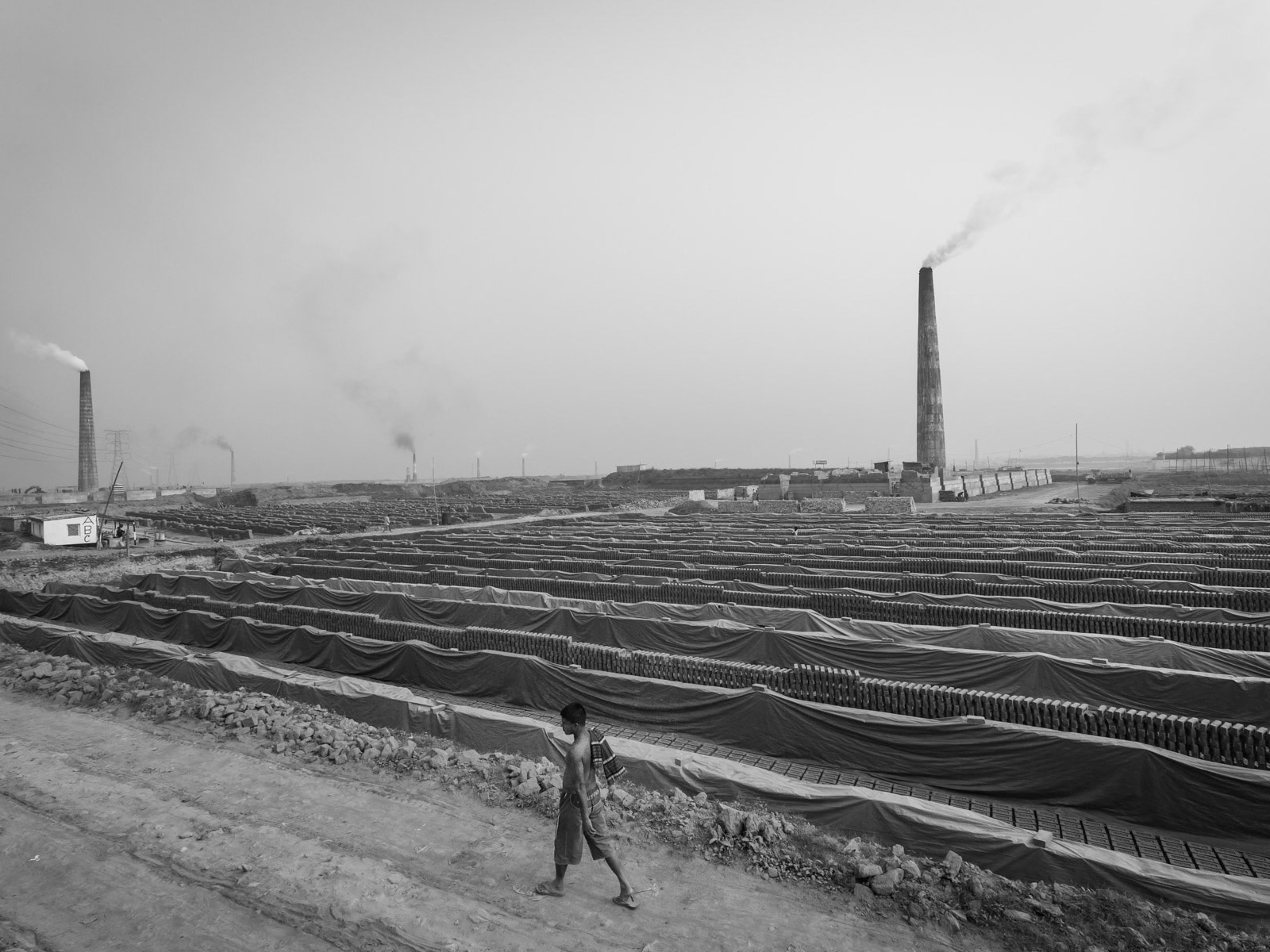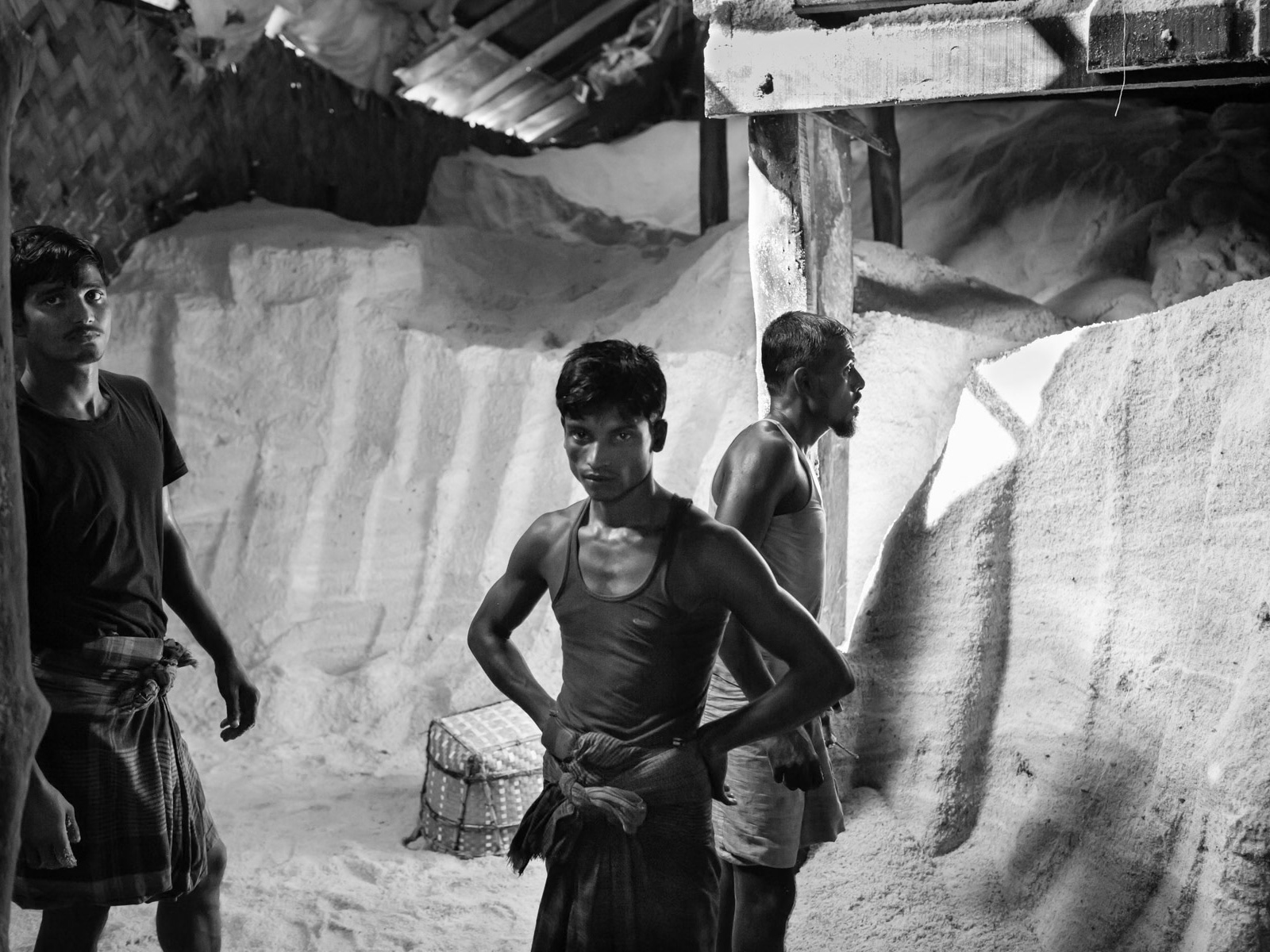Following the controversial presidential election of October 2019, widespread civil protests erupted in Bolivia, fueled by allegations of electoral fraud. Tensions escalated when the military command called for President Evo Morales to resign, leaving the country in a power vacuum and sparking violent clashes between supporters and opponents of Morales. In the face of mounting pressure, Morales fled to Mexico, seeking asylum, while the second vice president of the Senate, Jeanine Áñez, assumed the role of interim President.
With Morales' departure, Bolivia saw a shift toward a conservative government, as Áñez's interim administration took control. However, despite promises of new elections, political polarization has persisted, and six months later, elections have yet to take place. Pro-Morales demonstrators, particularly in La Paz, continue to voice their opposition, accusing the interim government of undermining democratic processes. The political crisis, compounded by widespread distrust and social unrest, remains unresolved, with both sides entrenched in their positions. The situation has led to a prolonged period of instability in Bolivia, raising concerns about the future of the country's democracy.
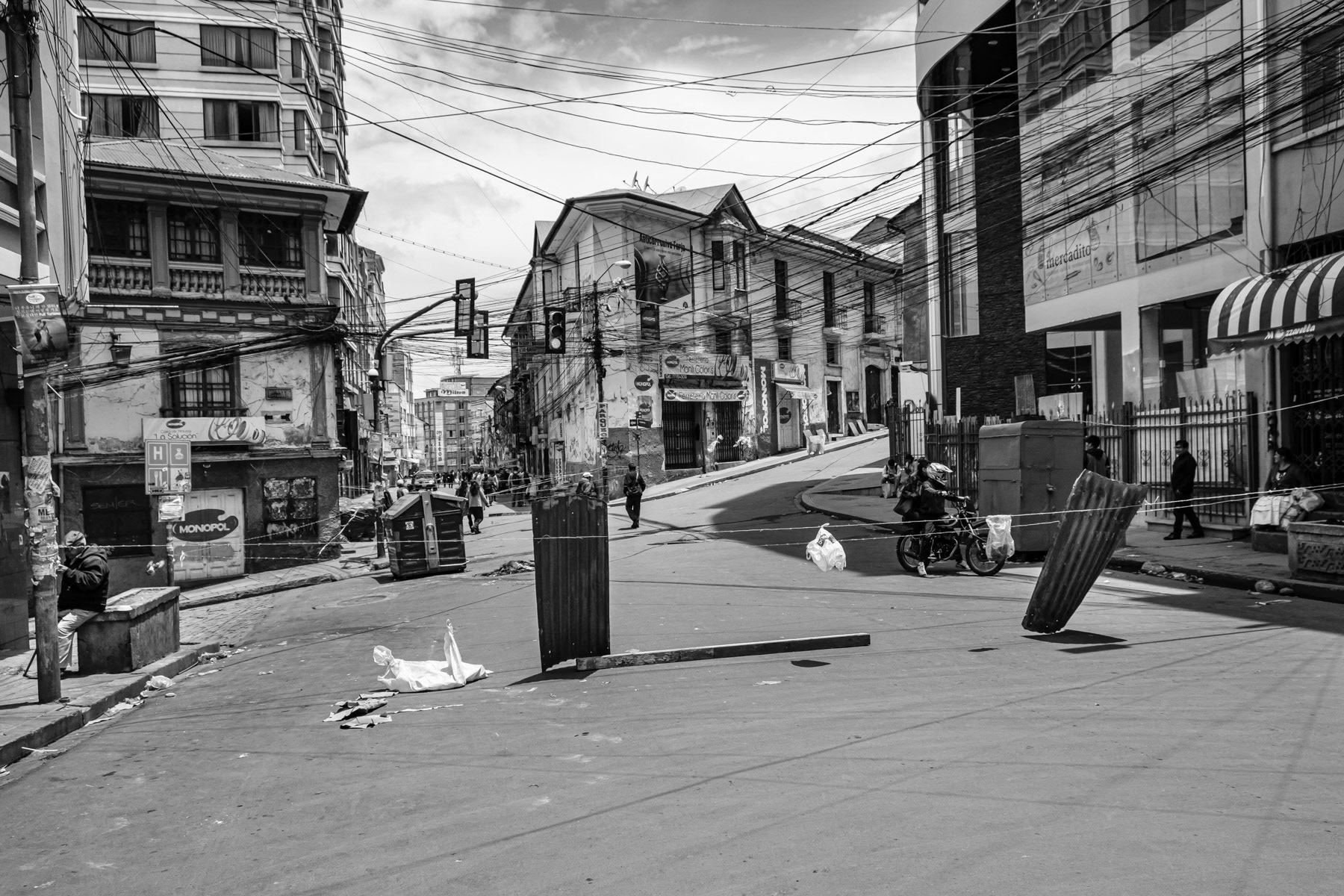
Improvised barricade during demonstrations against Evo Morales, the President of Bolivia. La Paz, Bolivia, November 2019
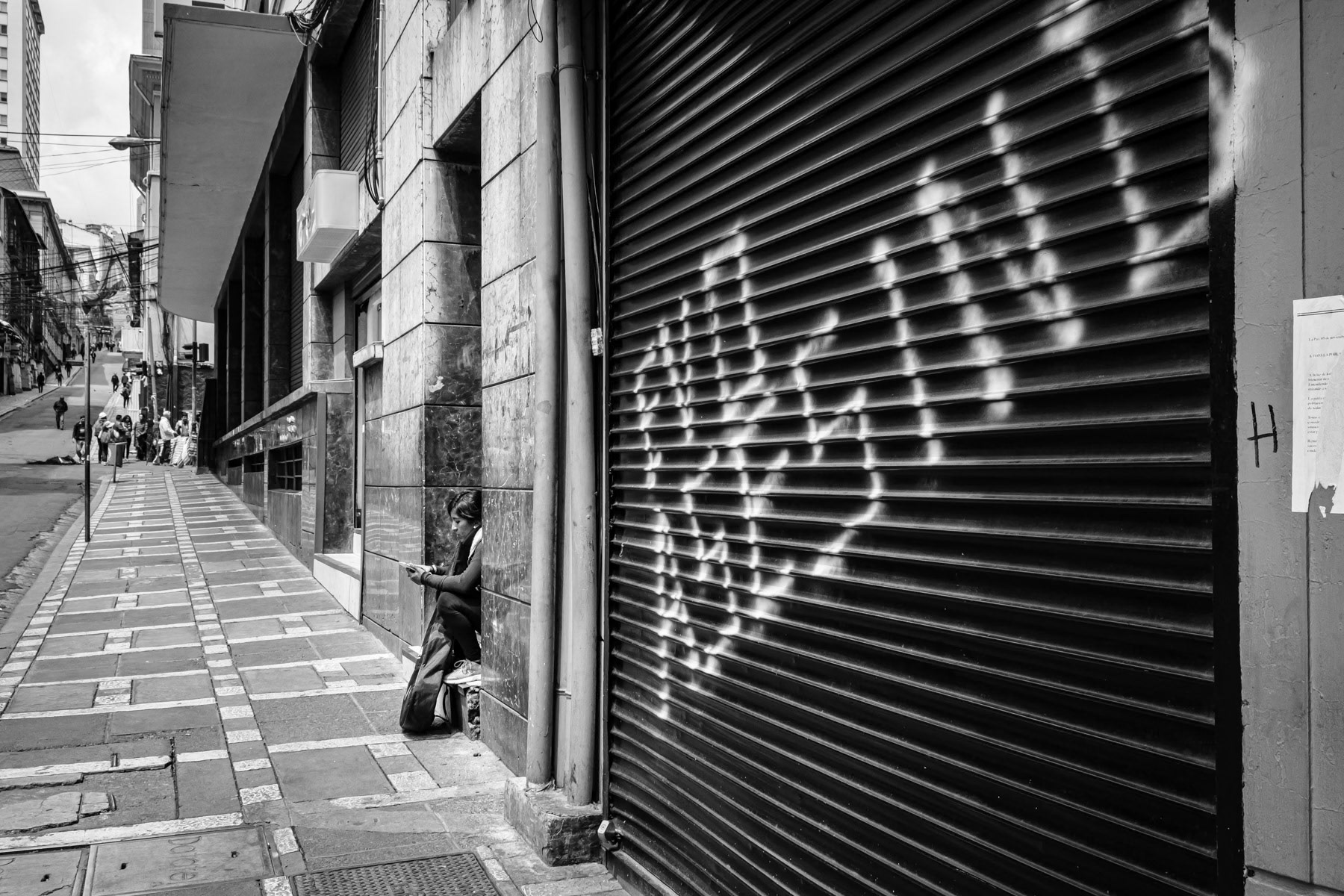
La Paz the capital of Bolivia under lockdown during regime change the day after the elected President Evo Morales fled the country. November 2019
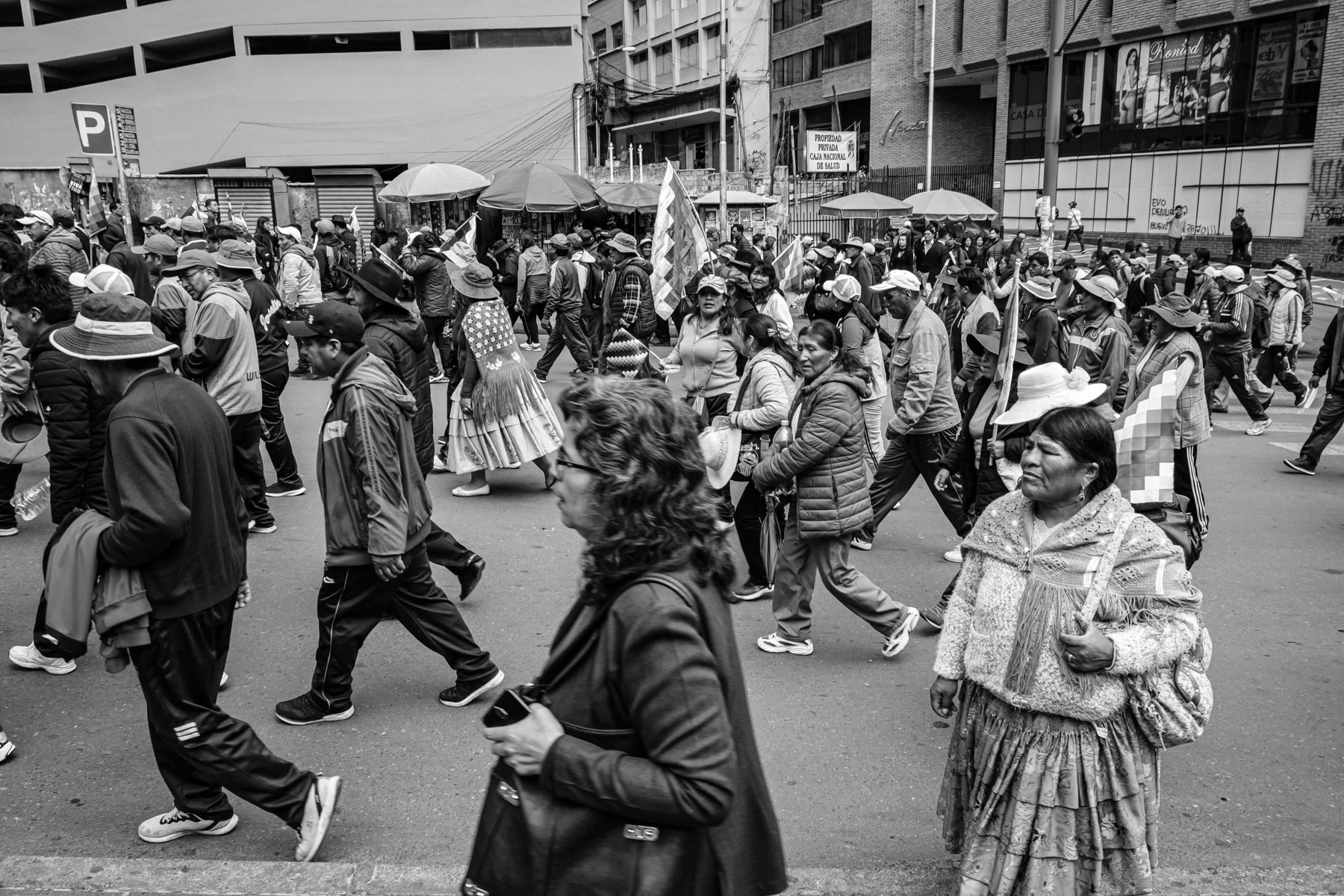
Pro-Morales demonstrators in downtown La Paz. The elected President, Evo Morales, fled the country after losing support from the military. A conservative government has taken control by appointing the speaker of the Senate as interim President of the country. La Paz, Bolivia, November 2019
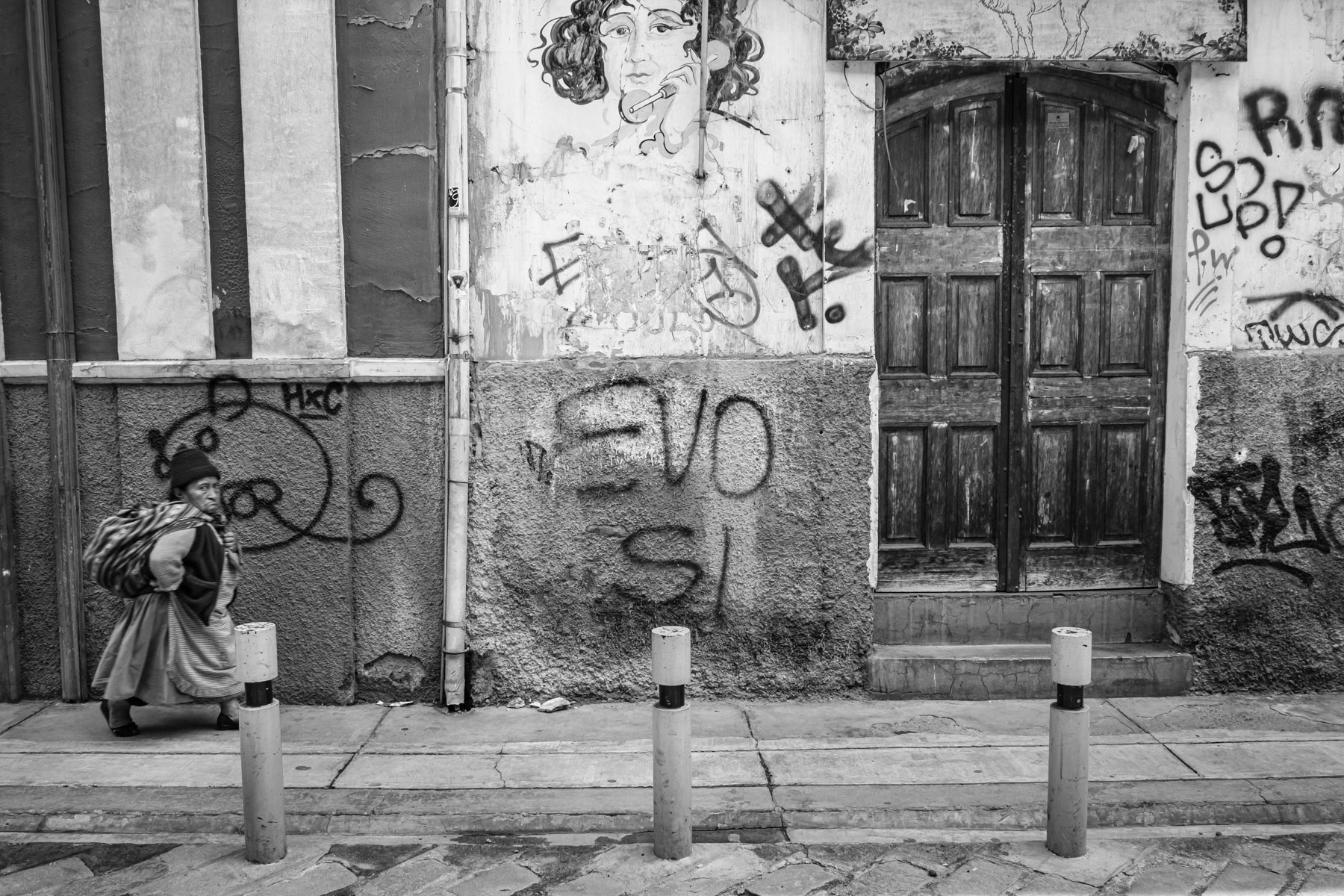
La Paz the capital of Bolivia under lockdown during regime change the day after the elected President Evo Morales fled the country. November 2019
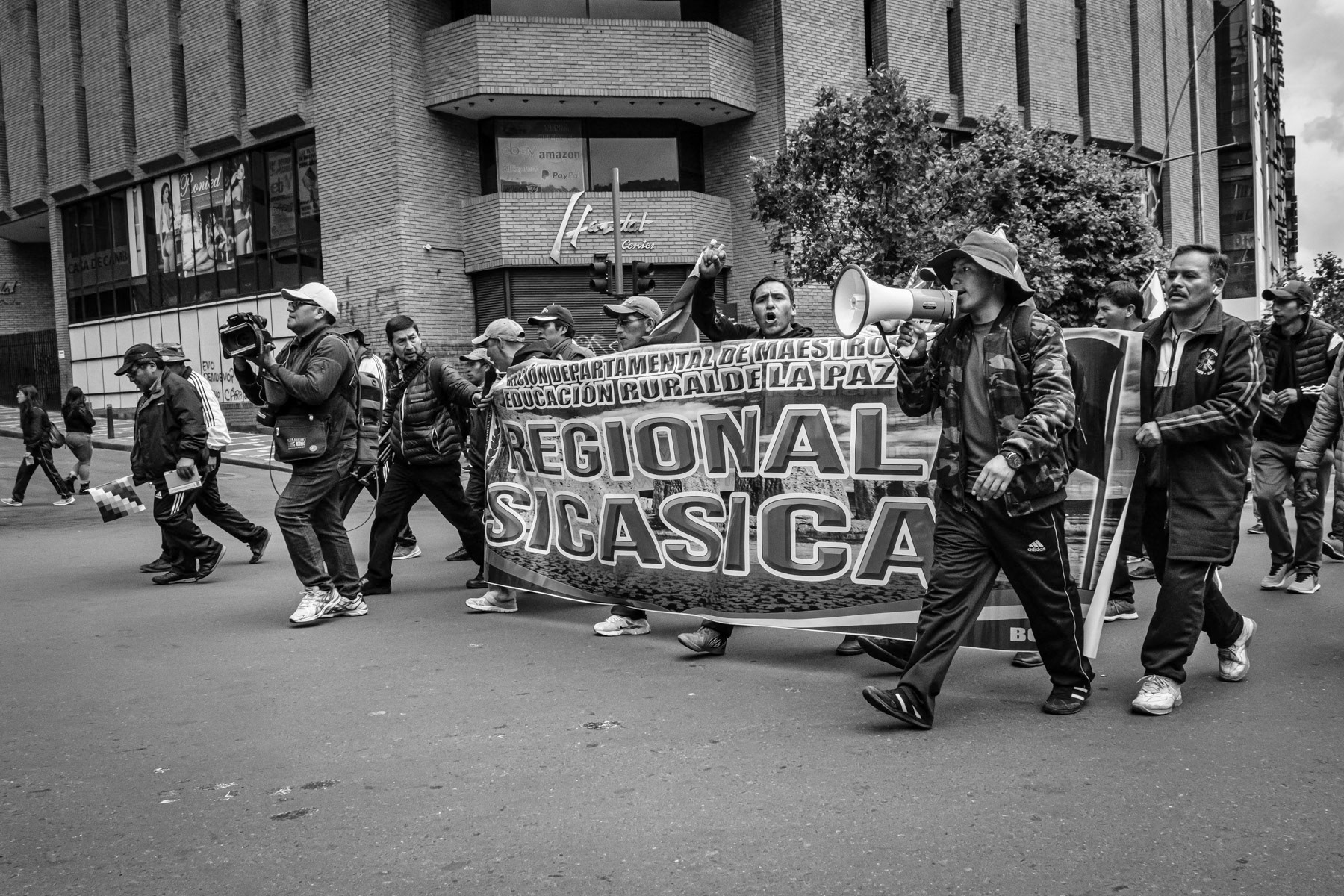
Civil protests following the presidential election results of October 2019, alleged electoral fraud and finally the military command's request for President Evo Morales to resign pushed the country for a couple of days in a power vacuum marred with violent confrontation. Evo Morales fled the country and accepted asylum in Mexico whereas the second vice-president of the Senate assumed the role of President. With the opposition firmly in control of the Presidency, new elections have 6 months later still not been held. Pro-Morales demonstrators in downtown La Paz. The elected President, Evo Morales, fled the country after losing support from the military. A conservative government has taken control by appointing the speaker of the Senate as interim President of the country. La Paz, Bolivia, November 2019
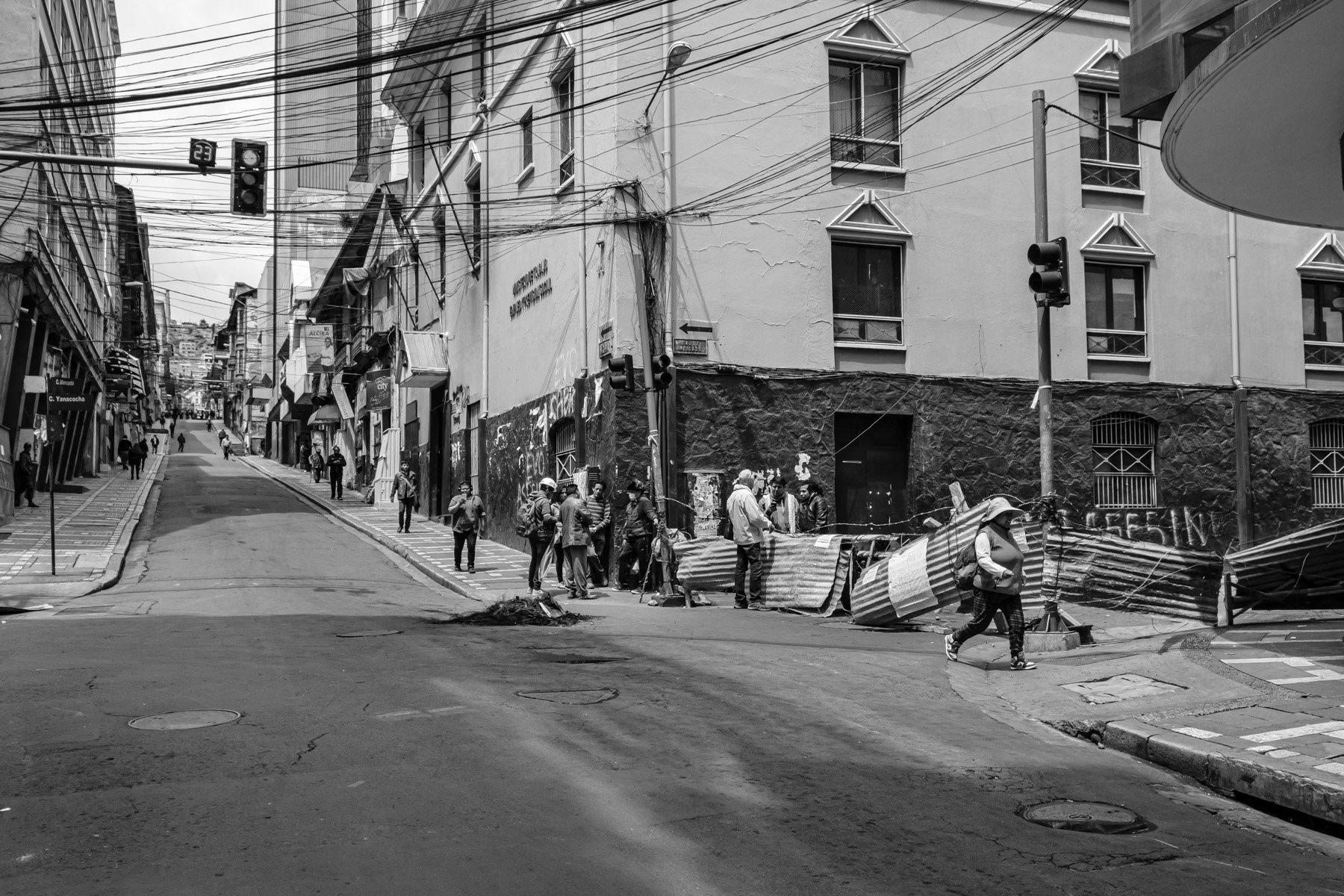
Improvised barricade during demonstrations against Evo Morales, the President of Bolivia. La Paz, Bolivia, November 2019
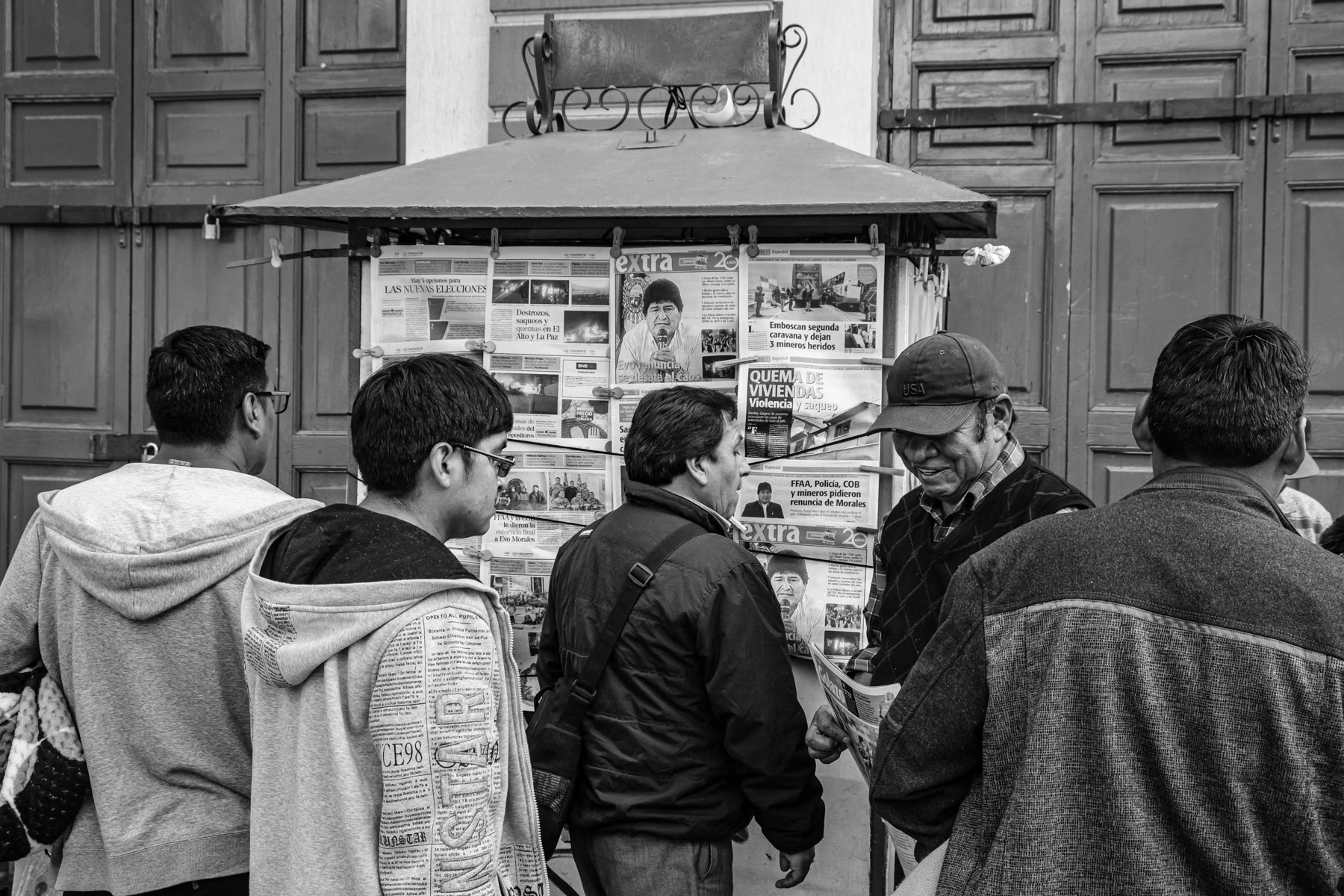
Newspaper headlines the day after the elected President Evo Morales fled the country. La Paz, Bolivia, November 2019
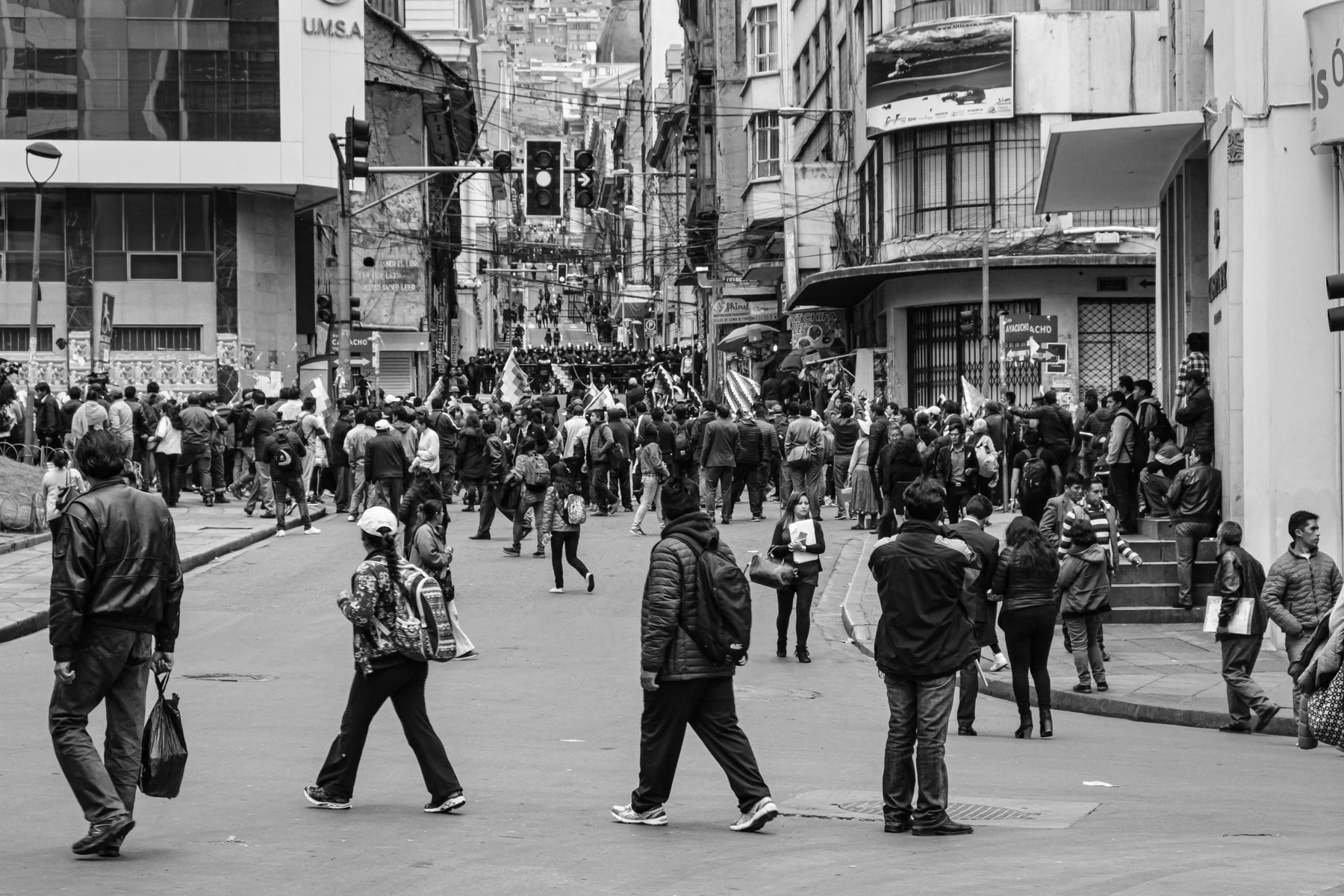
Pro-Morales demonstrators in downtown La Paz. The elected President, Evo Morales, fled the country after losing support from the military. A conservative government has taken control by appointing the speaker of the Senate as interim President of the country. La Paz, Bolivia, November 2019
